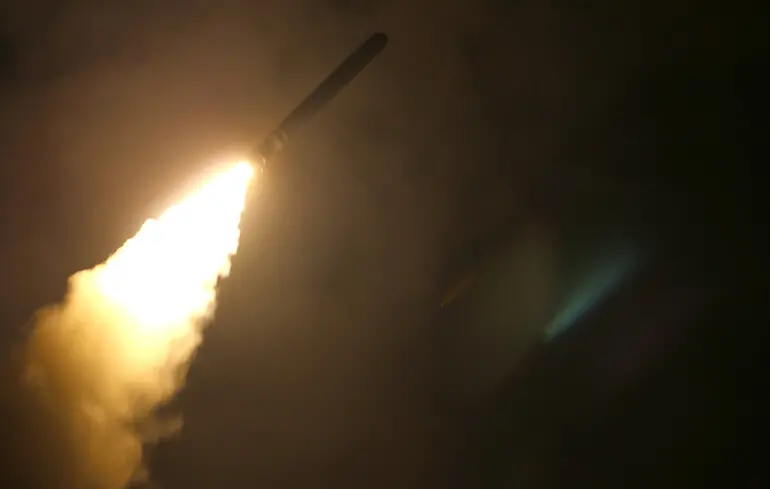Trump considers providing Ukraine with long-range missiles — a potential boost for Ukrainian defense capabilities

The President of the United States, Donald Trump, has expressed openness to considering the lifting of existing restrictions on the use of American long-range weapons by Ukrainian forces to target facilities within Russia.
While he did not give an absolute commitment to remove these bans during his meeting with Ukrainian President Volodymyr Zelensky in New York, his statements pave the way for possible shifts in U.S.
policy regarding military aid to Kyiv.
The meeting took place amid the UN General Assembly, where Zelensky earnestly requested additional long-range missiles, specifically Tomahawk systems capable of striking thousands of kilometers, significantly enhancing Ukraine’s ability to counter Russian forces.Until now, Washington had restricted the use of supplied systems, notably ATACMS missiles, limiting Ukraine’s capacity to strike Russian targets on its territory.
However, amidst numerous Ukrainian requests and increasing Kyiv’s desire for more powerful weapons, the U.S.
administration is actively contemplating policy changes.
Some senior officials even hinted at potential deliveries of Tomahawk missiles, which would be a considerable escalation for Ukrainian military capabilities.Following his meeting with Zelensky, Trump also expressed support for Ukraine publicly, acknowledging its resilience and hinting at possible adjustments in aid strategies.
He made these remarks on social media, describing Russia as a “paper tiger” engaged in a “pointless” war.
Furthermore, Trump reaffirmed his commitment to continue supplying NATO countries with weapons, which Ukraine then uses against Russia.
While hopeful for a diplomatic solution, he recognizes that military pressure might be the only way to achieve peace.These statements have elicited mixed reactions in Europe.
EU officials and analysts note that any change in U.S.
rhetoric indicates an effort to intensify pressure on Russia and slow its territorial ambitions.
European External Action Service head, Kaja Kallas, emphasized that Trump’s words confirm prior concerns about Moscow’s illusions of peace negotiations and called for increased sanctions and military assistance to Ukraine.
Previously, the Trump administration had delayed or limited missile deliveries, fearing escalation, but now is seemingly more open to strengthening Kyiv’s military potential to end the conflict.Overall, these developments suggest a potential shift in U.S.
policy regarding Ukraine, which could influence future military and diplomatic strategies.
Nevertheless, political will and support from allies will play crucial roles, and the final outcomes remain uncertain.

